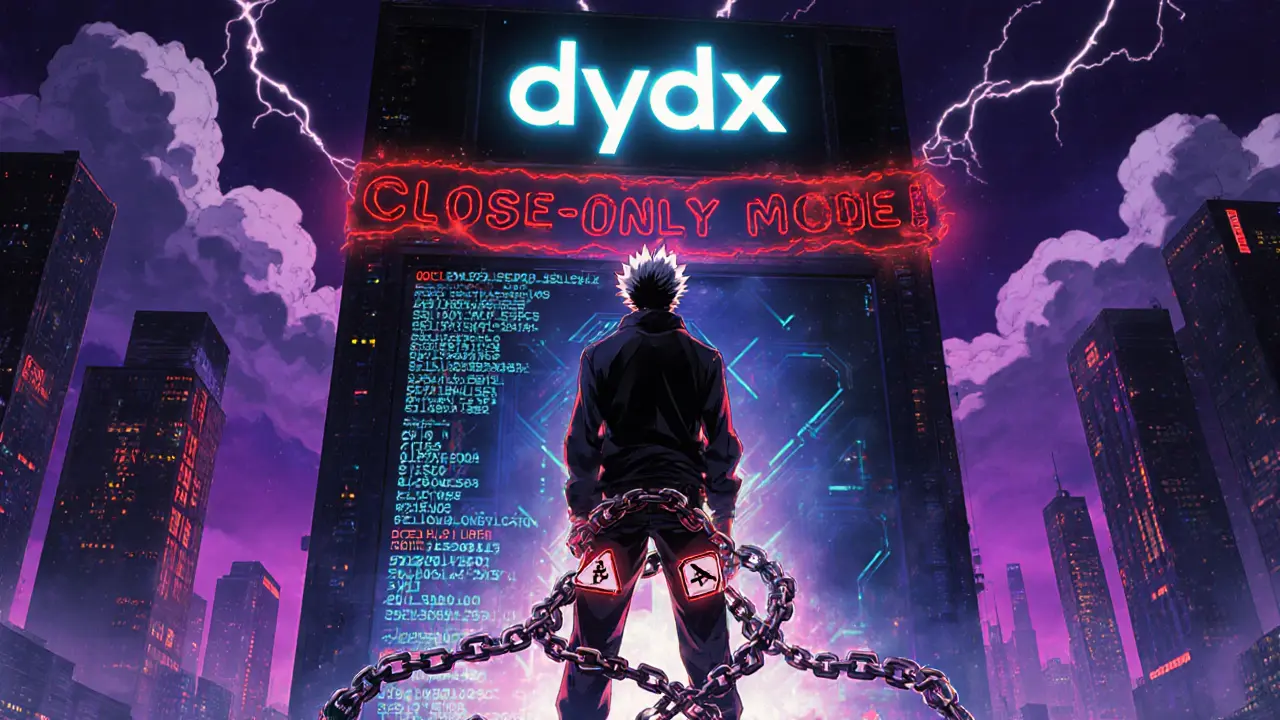

When you try to sign up for dYdX, a decentralized margin trading platform built on Ethereum that lets users trade crypto with leverage without giving up custody of their funds. It's known for low fees, high liquidity, and deep order books, you might hit a wall. Some countries are outright blocked. This isn’t random—it’s compliance. dYdX follows global financial regulations, and if your country is on their restricted list, you won’t get past the geo-check. The platform doesn’t just block IPs—it checks KYC data, device fingerprints, and even payment methods to enforce this.
Why does this matter? Because crypto exchange restrictions, rules set by governments or regulators that limit who can access certain platforms are tightening everywhere. Places like the United States, Canada, and the UK have strict rules around leveraged crypto trading. dYdX pulls out of these markets to avoid legal risk. Meanwhile, countries like Nigeria and Argentina—where people use crypto to dodge inflation—often find themselves blocked too, not because they’re high-risk, but because dYdX hasn’t built local compliance paths yet. The same goes for countries under U.S. sanctions: Iran, Syria, North Korea, Cuba, and Crimea. These are non-negotiable. Even if you use a VPN, dYdX can and will ban your account if they detect it.
It’s not just about location. Your wallet history, device ID, and even the language setting on your browser can trigger a block. One user in Brazil got flagged because their wallet once interacted with a sanctioned smart contract. Another in India was locked out after using a U.S.-based DNS server. These aren’t bugs—they’re features of how dYdX enforces dYdX compliance, the set of legal and operational rules the platform follows to avoid violating international financial laws. The platform doesn’t publish a full list of restricted countries. Instead, it shows you a generic error when you try to sign up. That’s intentional. They don’t want people gaming the system.
What can you do if you’re blocked? Not much. Switching exchanges won’t always help—many platforms share the same compliance partners. You could wait for dYdX to expand, but that’s not guaranteed. Some users in restricted countries use decentralized alternatives like Uniswap or PancakeSwap for spot trading, but those don’t offer margin. The truth is, if you’re in a restricted country, you’re either trading without leverage or you’re risking your funds on unregulated platforms. There’s no safe middle ground.
Below, you’ll find real reviews and deep dives into crypto exchanges that either work where dYdX doesn’t, or explain how other regions handle similar restrictions. You’ll see what alternatives exist, what red flags to watch for, and how others are adapting when the big platforms say no.

dYdX claims to be a decentralized crypto exchange, yet blocks users from over 20 countries including the U.S., UK, and Canada. This article breaks down how and why a platform marketed as trustless still enforces geo-restrictions through centralized control.